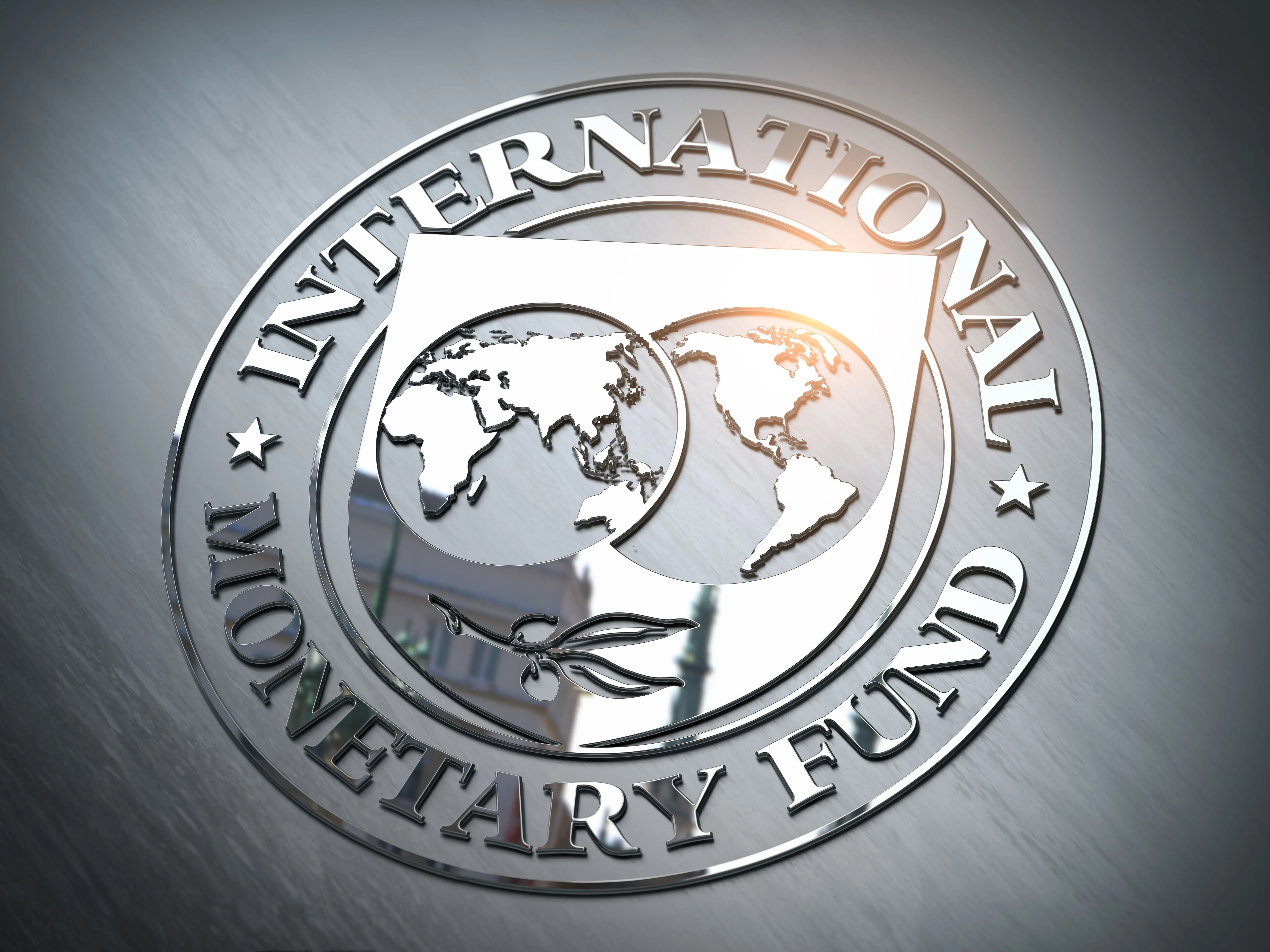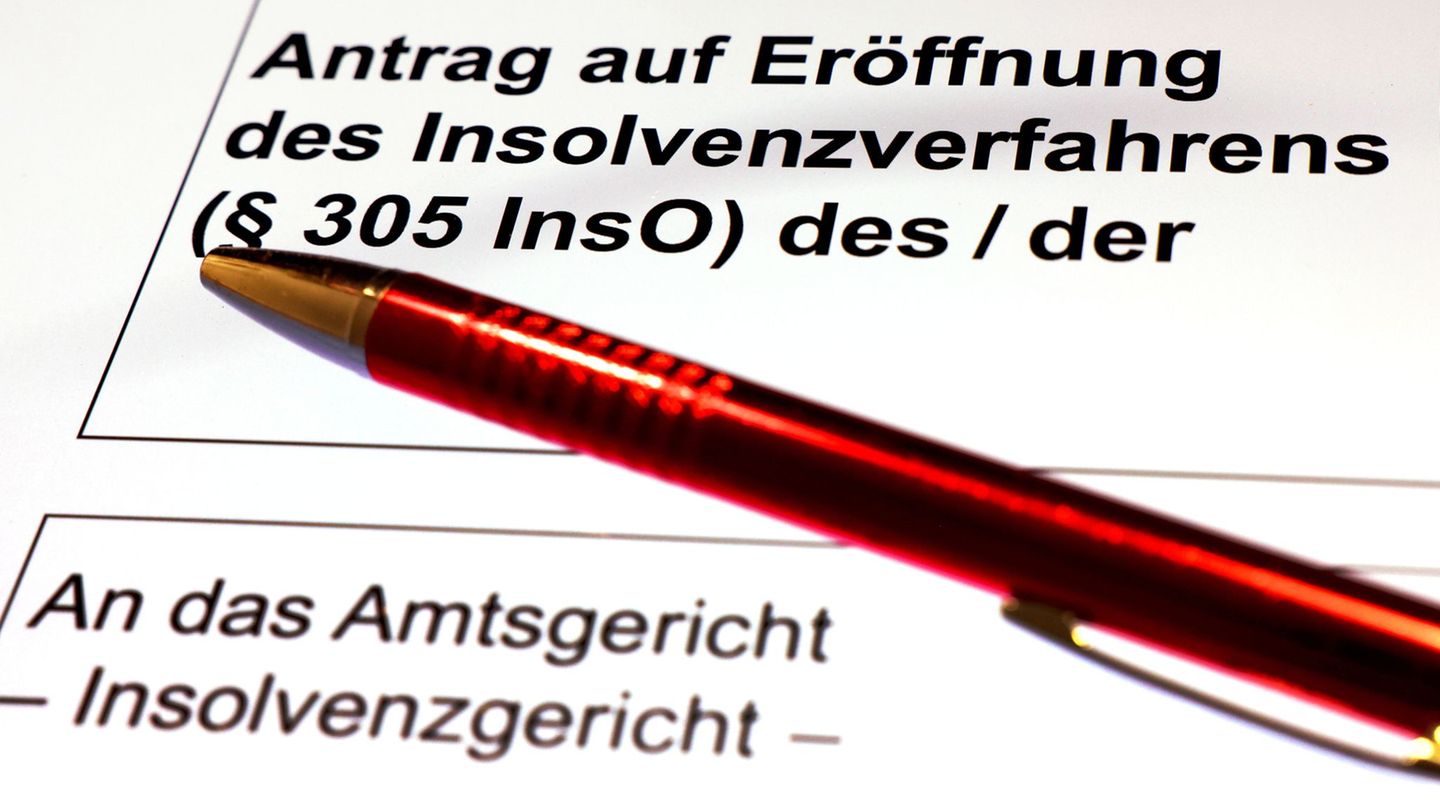The International Monetary Fund (IMF) expects the Argentine economy to contract 3.5% this year. This is the result of the update of the World Economic Outlook (WEO) report released by the organization on Tuesday morning in Washington. The report anticipates a 3.2% increase in the global economy and warns of upward risks to inflation in a “context of rising trade tensions and greater political uncertainty”.
The latest projection on the behavior of activity in Argentina assumes a deepening of the recession, since in the previous IMF report, released in April, a fall of 2.8% was expected.
However, the Fund continues to predict a marked recovery for next year, when Argentina’s gross domestic product would expand by 5%.
As regards global conditions, The Fund expects global growth to be 3.2% this year and 3.3% next year.. Among developed countries, the 2.6% expansion expected in the United States stands out. It is also considered that in the eurozone, activity seems to have bottomed out and a modest rebound of 0.9% is projected for 2024.
The outlook is better for emerging and developing markets. Forecasts have been revised upwards, particularly as the increased activity in China -one of Argentina’s main trading partners- and India. In the case of the Chinese economy, growth is projected at 5% for 2024, mainly due to a rebound in private consumption and strong exports in the first quarter. For 2025, GDP is expected to grow somewhat less, at 4.5%.
On the contrary, The forecast for Brazil was revised downwards -another of Argentina’s key partners- as a result of the short-term impact of the floods. This year, Mercosur’s main partner is expected to expand by 2.1% but will perform better next year, reaching 2.5% growth supported by structural factors such as, for example, the acceleration of hydrocarbon production.
As for commodity prices, the IMF staff projections contemplate an increase in commodity prices (excluding fuels) of 5% in 2024. On the other hand, commodity prices are expected to energy prices are expected to fall by around 4.6% in 2024.
IMF CHART.jpg
Risks to the global economy
The report warns of near-term threats to the global economy. These include: “upside risks to inflation arising from a lack of progress in disinflation in services and price pressures arising from renewed trade or geopolitical tensions”.
It is noted that if nominal wage growth is accompanied by weak productivity growth, it could be difficult for firms to moderate price increases.
Escalating trade tensions, for their part, could further increase short-term risks to inflation by increasing the cost of imported goods along the supply chain. Thus, it is concluded that The risk of high inflation has raised the prospects of higher interest rates for longer, which in turn increases external, fiscal and financial risks.
The report explains that a prolonged appreciation of the dollar, stemming from interest rate disparities, could disrupt capital flows and impede planned monetary policy easing, which could negatively affect growth. Persistently high interest rates could further increase borrowing costs and affect financial stability.
In turn, “the possibility of significant changes in economic policy as a result of this year’s elections (in the US), with negative spillover effects for the rest of the world, Uncertainty has increased“These possible changes entail “risks of fiscal waste that will worsen debt dynamics, negatively affecting long-term yields and increasing protectionism.”
Finally, he warns that “trade tariffs, along with an expansion of industrial policies worldwide, can generate damaging cross-border spillover effects, as well as triggering retaliation”.
Instead, it proposes policies that promote multilateralism and a faster implementation of macrostructural reforms that boost supply, productivity and growth, with positive effects.
Source: Ambito




